Who We Are
At the end of 2024, UNHCR estimated that 123.2 million people were forcibly displaced, including over 31 million refugees. 73% of refugees are hosted by low- and middle-income countries where local integration prospects remain limited or non-existent. University-aged refugees dreaming about continuing their education find very few opportunities accessible to them and only 9% of the world’s refugees access higher education, compared to a global average of 43%.
The Global Task Force on Third Country Education Pathways (GTF) promotes and supports the expansion of tertiary education as a complementary pathway for refugee students. Increasing the number of higher education pathways will not only help grow the number of refugees enrolled in higher education to 15% by 2030, as set forth in the Refugee Education 2030: A Strategy for Refugee Inclusion but also pursue the renovated goals of the Third Country Solutions for Refugees: Roadmap 2030 as the next phase of The Three-Year Strategy (2019-2021) on Resettlement and Complementary Pathways.
The GTF achieves this by:
Advocating for an increase in complementary education pathways programmes globally.
Participating in global, regional and national fora to promote and advance commitments towards the development and expansion of complementary education pathways.
Convening relevant stakeholders to network, share information, best practices and lessons learnt.
Facilitating collaboration in setting up or expanding complementary education pathways.
Global Task Force members include representatives of states, regional and international bodies, the private sector, NGOs, refugee representatives, UN agencies and donors who are engaged in or supporting complementary education pathways and are committed to expanding tertiary education opportunities as a durable solution for refugee students.
